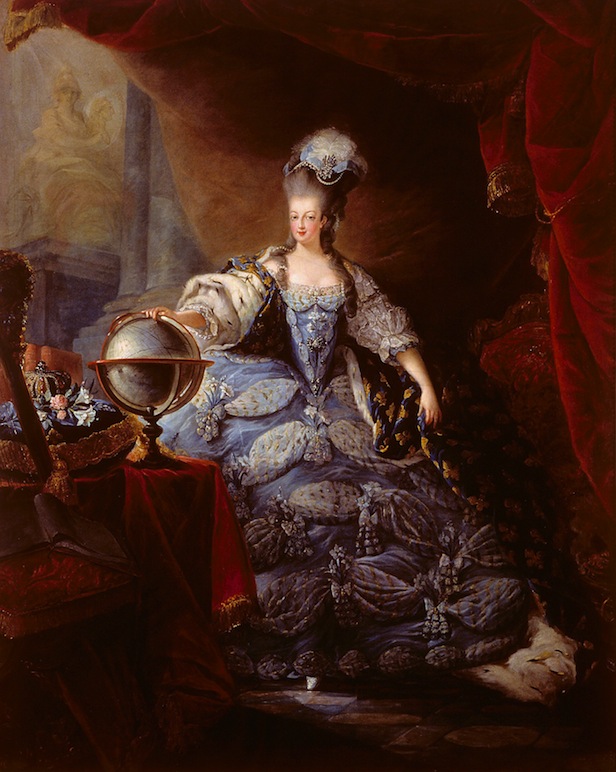 As France inched ever closer to the brink of revolution, the royal family were perceived as being utterly clueless or indifferent to the suffering of their people. So much so that the French queen Marie Antoinette, renowned for her style and notorious for her profligate spending, is supposed to have replied to news of the workers’ lack of bread with the immortal words: “Let them eat cake.”
As France inched ever closer to the brink of revolution, the royal family were perceived as being utterly clueless or indifferent to the suffering of their people. So much so that the French queen Marie Antoinette, renowned for her style and notorious for her profligate spending, is supposed to have replied to news of the workers’ lack of bread with the immortal words: “Let them eat cake.”
But this never happened. From rumours of treachery to promiscuity, Marie Antoinette has long been the victim of bad press. The evidence shows that the queen was not dismissive of her subjects’ suffering but keenly aware of it. Not enough to alter the way she lived, mind you, but Marie Antoinette donated to charitable causes and wrote many letters urging her fellows to find a solution to the hardships faced by the vast majority of the population. However, the public had turned against Marie Antoinette, as her lavish lifestyle stood in sharp contrast to a nation that was in the midst of such hardship.
The first instance of the famous phrase was worded differently but was indeed spoken by a member of the French royal court, albeit one who died close to a century before Marie Antoinette was supposed to have uttered them. Marie-Thérèse, the wife of Louis XIV, was reputed to have said “Let them eat the crust of the pâté” (la croûte de pâté). The phrase was repeated by Jean-Jacques Rousseau, the philosopher and author of such works as The Social Contract, in his autobiography Confessions, which he began writing in the 1764, when Marie Antoinette was nine. Rousseau wrote about a “great princess” who was told that the peasants had no bread and replied “qu’ils mangent de la brioche.”
The statement remains most popularly attributed to Marie Antoinette despite the facts to the contrary, perhaps because it fits neatly with the perception of the spoiled woman who was representative of an unfair class system which was on the verge of being turned on its head.
To view 20 of history’s biggest myths check out issue two of All About History
